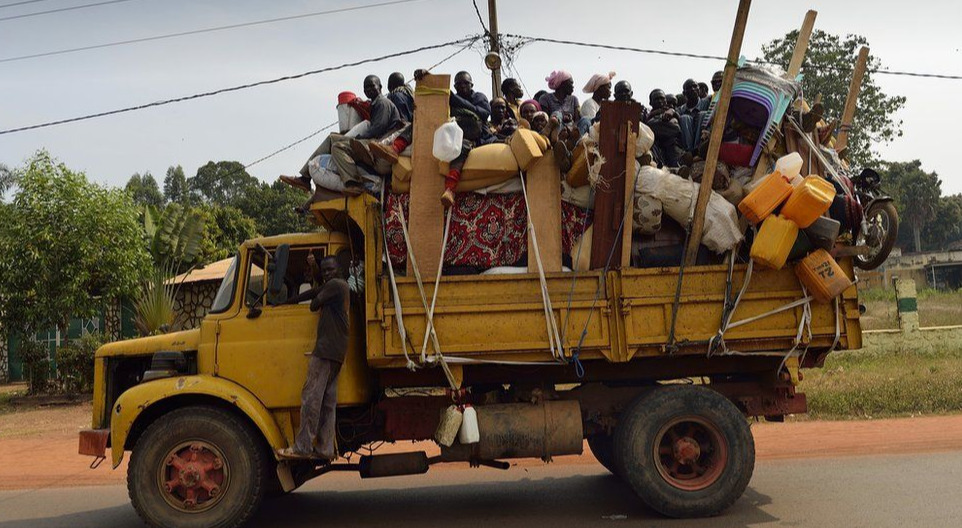
UNHCR says 100,000 people remain internally displaced within the CAR.
Geneva, January 31 (RHC)-- More than 200,000 people have been displaced by election-related violence in the Central African Republic in the past two months, according to the United Nations, with about half fleeing to neighboring countries. The United Nations refugee agency said that 100,000 people remained internally displaced within the CAR, while 92,000 refugees have crossed the river border with the Democratic Republic of the Congo and 13,240 have fled to Cameroon, Chad and the Republic of Congo.
“Tens of thousands are facing dire conditions,” UNHCR spokesman Boris Cheshirkov told reporters in Geneva. “Refugees have told UNHCR that they fled in panic when they heard gunshots, leaving their belongings behind. “Most refugees are living in dire conditions in remote, hard-to-reach areas close to the rivers without basic shelter and facing acute food shortages.” He said they were dependent on catching fish and whatever food local villagers could spare.
Malaria, respiratory infections and diarrhoea have become commonplace, said Cheshirkov. “Refugees urgently need food and shelter, drinking water, essential aid items, sanitation and healthcare to prevent the spread of COVID-19 and other diseases,” he said.
Landlocked CAR is one of the world’s poorest nations and has seen a string of coups and wars since it gained independence from France in 1960. Rebels controlling about two-thirds of the nation launched an offensive a week before presidential elections on December 27, trying to blockade the capital Bangui and carrying out several attacks on key national highways.
On January 4, President Faustin Archange Touadera was declared victor of the ballot, but the opposition has contested the results. Two voters out of three did not cast their ballot, mainly due to insecurity in a country caught up in civil conflict for eight years.
Within the CAR, the continuing unrest has hampered the humanitarian response and made access to the internally displaced more difficult, said Cheshirkov. “The main road used to bring supplies has also been forced shut,” he said. “Armed groups are reportedly present in the Batangafo and Bria sites where displaced communities are sheltering, in violation of the humanitarian and civilian nature of those sites.” “Such presence poses a grave protection risk for those displaced, from risk of forced recruitment to restriction of movement to extortion or threats.”

